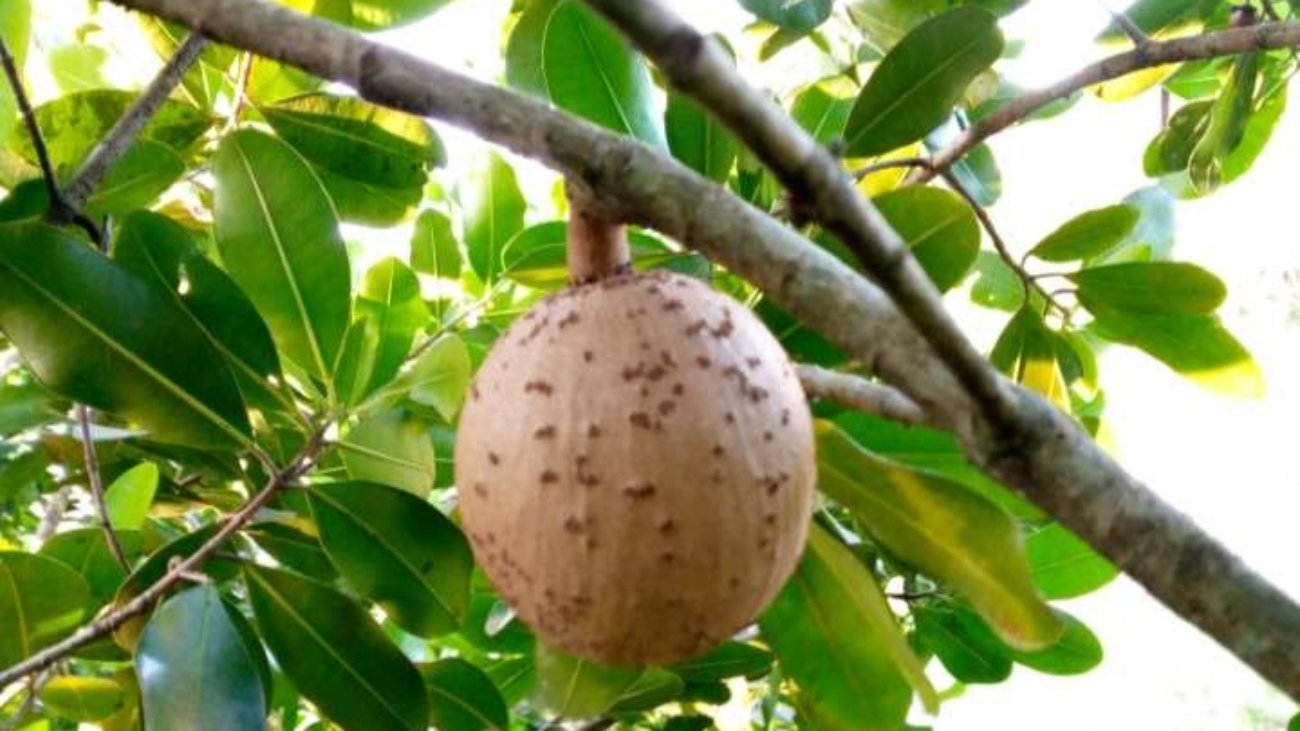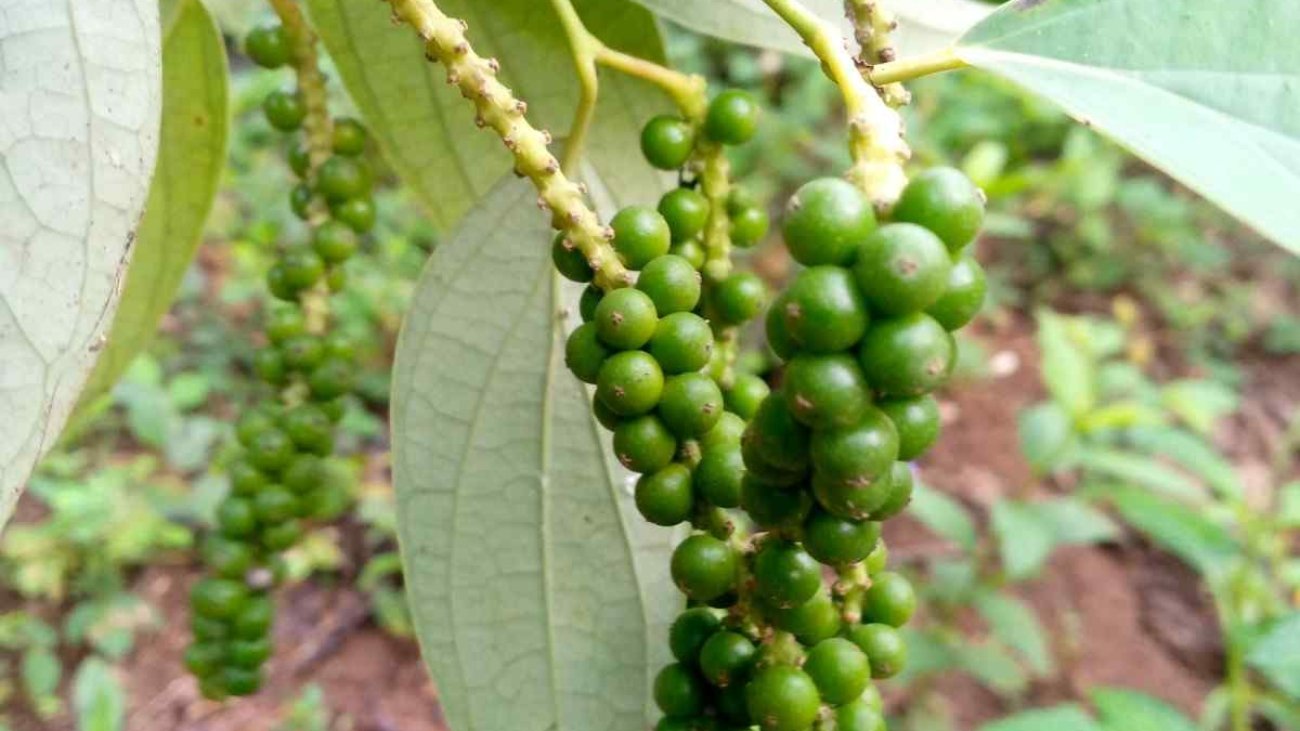Fruits are nature’s treasure trove of essential nutrients, providing us with vitamins, minerals, fiber, and antioxidants that are crucial for health. The World Health Organization recommends including a variety of fruits in our diet as they play a key role in maintaining a healthy immune system, promoting digestion, and reducing the risk of chronic diseases.
Nutritional Powerhouses for Immune Health
Fruits are packed with vitamins, particularly vitamin C, which is known to support immune function. Oranges, strawberries, and kiwi are especially rich in vitamin C, helping the body to fight infections and recover faster from illnesses. Additionally, fruits like papaya and watermelon provide a hydrating and refreshing boost during warm weather.
Fruits and Digestive Health
Many fruits are high in dietary fiber, an essential component for a healthy digestive system. Fiber-rich fruits like apples, bananas, and pears aid in digestion, prevent constipation, and promote gut health. Bananas, in particular, contain prebiotics that help feed beneficial bacteria in the gut, supporting overall digestive health.
Heart-Healthy Nutrients in Fruits
Fruits like berries, grapes, and apples are rich in antioxidants, including flavonoids and polyphenols, which can protect the heart by reducing inflammation and preventing oxidative stress. The potassium found in fruits like bananas and oranges also helps regulate blood pressure, reducing the risk of heart disease.
Role of Fruits in Weight Management
Fruits are naturally low in calories and high in water content, making them a great choice for those looking to manage their weight. The fiber in fruits helps you feel full, reducing the likelihood of overeating. Watermelon, pineapple, and berries are delicious, low-calorie options that can satisfy a sweet tooth without the added sugars found in processed snacks.
Protecting Against Chronic Diseases
The antioxidants in fruits protect cells from damage caused by free radicals, which are linked to chronic diseases such as cancer and diabetes. Regular fruit consumption is associated with a lower risk of developing these diseases, as the antioxidants work to prevent cellular damage and inflammation.
Conclusion Adding a variety of fruits to your daily diet is one of the simplest ways to nourish your body with essential nutrients. From boosting immunity to supporting digestion and heart health, fruits offer a wide range of benefits that contribute to overall wellness. Embrace the vibrant colors and flavors of fruits, and let them be your natural source of health and vitality.

 Cart is empty
Cart is empty 


